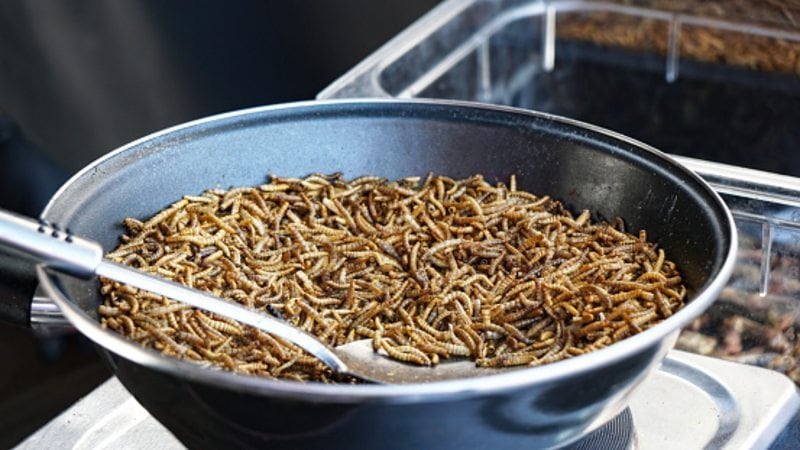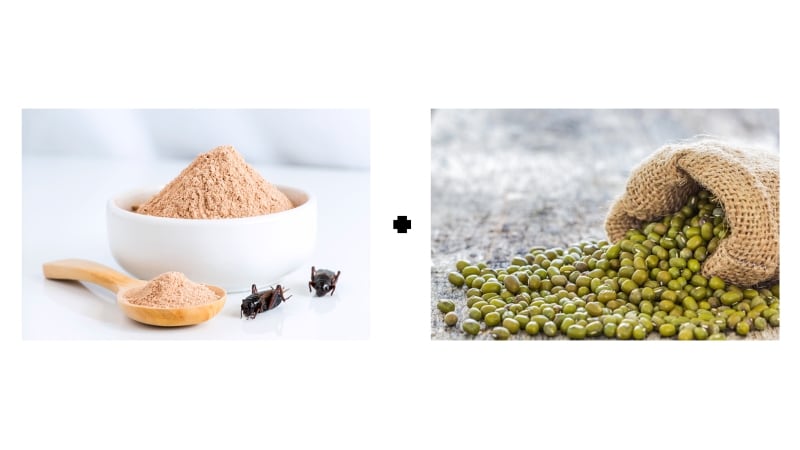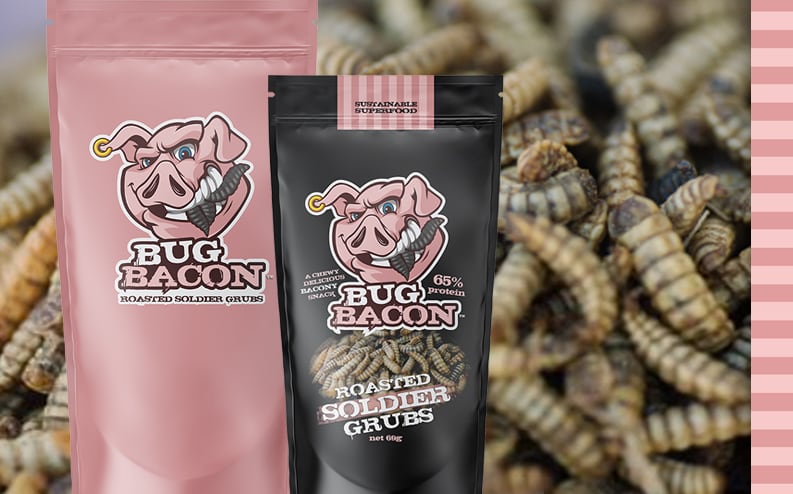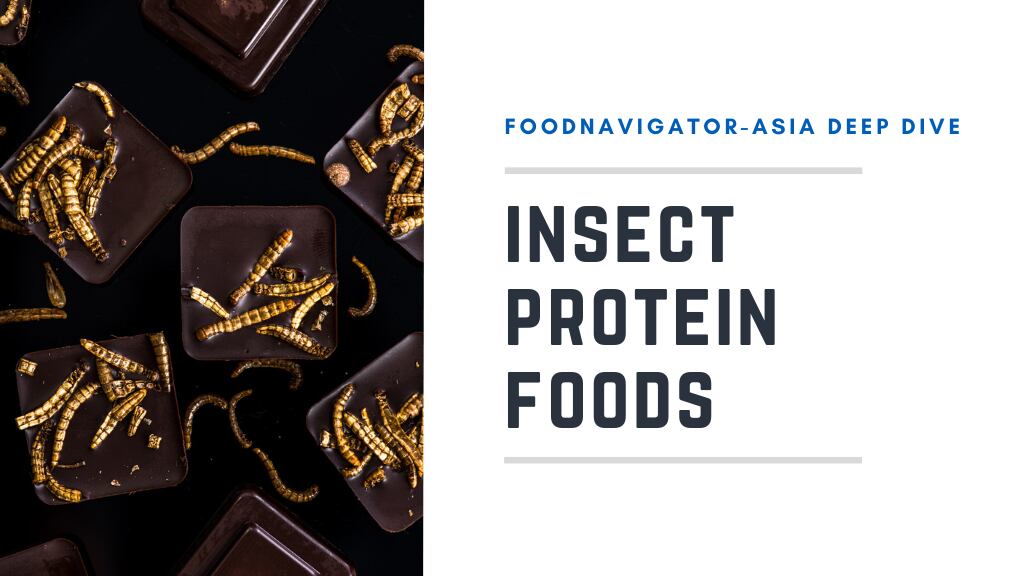The project will be overseen by the South Korean Ministry of Agriculture, Food and Rural Affairs (MAFRA) and will include an ‘Insect industrialization support project’ to be piloted in two locations, and an ‘Insect distribution business support project’ to be piloted in three locations.
“The Insect industrialisation support project aims to provide support for the insect production industry and [establish] processing facilities to boost the micro nature of the industry, in order to help it scale up,” MAFRA said via a formal statement.
“MAFRA has selected two project targets: One will be located in North Gyeongsang province which will see the establishment of pre-treatment and primary processing facilities [to] develop safe and uniform quality edible insect foods [by] 2021.
“The other will be in Jangsu County within Jeolla province and will be a facility to manufacture feed for edible insects, aiming to reduce the labour required for edible insect production using safe and quality feed. This will also aim to be completed in 2021.”
As for the insect distribution business support project, the focus will be on raising the organisation of local insect farming organisations as well as the distribution and marketing of insect products.
“[For business and distribution development], three projects have been selected. The first is in North Gyeongsang province to widen the reach of insects to more companies as raw materials for food and other products by developing quality certification trademarks and direct farmer-manufacturer communications,” said MAFRA.
“The next is in Cheongju country within North Chungcheong province, which will focus on the organisation on farming groups that produce edible insects [and] establish a standardised breeding system for each insect type [in order to] produce both materials and products of uniform quality.
“Lastly, Sancheong county in South Gyeongsang province will [focus on] brown mealworms. [One of the] objectives here is to establish a sales organisation with companies that already have distribution reach as a base, which will look to protect the income of insect farms and move these towards self-sufficiency.”
MAFRA Seed Life Industry Division Head Kim Min-wook called upon local insect farms and companies to ‘look towards scaling up’ and ‘vitalising the industry’ with the help of this Insect Industry Promotion Support Project.
South Korea’s edible insects challenge
The South Korean government has been trying to promote insects as a mainstream edible protein source to farmers and consumers for several years now - Efforts intensified as far back as 2016 when the edible insect market value was just around KRW6bn (US$5.3mn), according to the Korea Rural Economic Institute (KREI).
As of 2016, South Korea has deregulated seven types of edible insects for farming and consumption: white-spotted chafer larvae, grasshoppers, mealworms, two types of spotted crickets, rhinoceros beetle larvae and silkworms.
KREI estimated that the local edible insect industry would grow exponentially to reach KRW101.4bn (US$88.2mn) by 2020 based on the number of available edible species but as of 2018, the South Korean edible insect market also stood at just around US$16.3mn – a far cry from the expected growth.
The government’s enthusiasm in 2016 also drew the interest of bigger firms such as CJ Cheiljedang and Daesang, both of which also announced they would be investing into edible insect research the same year.
But this also did not make the ripple in the industry that the government had hoped for: Just three months after its first announcement, CJ Cheiljedang decided it would focus on ‘ingredient and farming technology’ first instead of actual edible insect products, whereas Daesang subsidiary Jeong Poong did create and launch a series of mealworm soups into retail – but this is no longer available as part of the firm’s product range on its website as of October 2020.
So despite all of this, and the fact that South Korea has a long history of entomophagy in the form of street foods like grilled grasshoppers, it can be seen the local edible insect industry has still got a long way to go before becoming mainstream or generating large profits.
That said, data analysts at Research and Market still expect the edible industry sector in South Korea to see a 14.4% CAGR growth to hit US$32mn by 2023. It also appears that MAFRA is ready to renew its efforts with this new industrialisation project – and perhaps a more systematic and organised approach may prove to be the industry’s saving grace.





